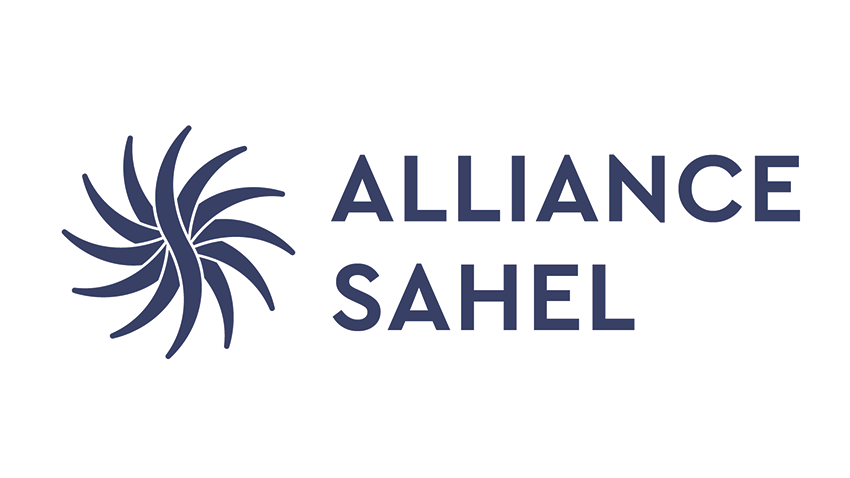Meeting of the representatives of the Sahel Alliance in Nouakchott, Mauritania
Copyright© Leon Kügeler/photothek.net
Nouakchott/Mauritania Development Minister Svenja Schulze takes over Presidency of the Sahel Alliance
The Sahel has a wealth of natural resources, additional – so far unused – possibilities for agricultural production, a young population and huge renewable energy potential. At the same time, however, it is a region with high levels of poverty that has been hit by multiple crises: droughts brought about by climate change, cross-border terrorism, fragile statehood, movements of refugees in the region and food insecurity, also as a result of Russia’s war of aggression.
Aims of the German presidency
For Minister Schulze, domestic security and social protection are inextricably linked. It is mostly poverty and a lack of prospects that pushes young people into the clutches of groups with an inclination towards violence.
During her Presidency, she therefore wants to put a strong focus on making every effort to:
- “Deliver better”
by orienting the work of the Sahel Alliance even more towards making direct improvements for the people living in the region. The Sahel is also becoming more and more of an area of interest for Russia and extremism is on the rise. The Sahel Alliance members want to and can do more as a group to counter these tendencies. - “Communicate jointly”
the Alliance members should work together to make its activities more visible in the partner countries. This also includes making every effort to speak with one voice when talking to the governments in the Sahel. - “Coordinate stronger”
the initiatives and programmes for supporting the region should be better coordinated with one another so that they achieve more for the people living in the region.
The priorities of the German presidency
1. Creating paths out of the crisis by offering more education, training and employment
Education and jobs make it easier for people to steer clear of extremist groups. Most of the young people in the Sahel do not get recruited by terrorist groups because of religious convictions. In many cases they just need an income.
A new programme offered by the Sahel Alliance is intended to provide additional education and training opportunities.
2. Making societies more resilient through social protection and food security
Social protection strengthens local self-help powers. Through the work of the Sahel Alliance, national systems for basic social services are being expanded so that people are better able to withstand crises and climate-related shocks. Furthermore, the Sahel Alliance will drive forward long-term solutions for food security that go beyond providing emergency relief. With that aim in mind, the resilience initiative with the World Food Programme and UNICEF is to be expanded, for example. The initiative is training farmers in ways to also grow food in arid regions, for instance, so that they are able to feed by their own efforts, because delivering sacks of grain and tanks of water is not a sustainable solution.
3. Recovering areas that the government has lost control over and providing people with basic services
Strong municipal structures build trust and social cohesion. They provide the necessities for living such as water, healthcare, education and marketplaces. This makes it possible for the people in the Sahel to establish a solid basis for their lives and for earning an income, removing the breeding ground for extremism. That is why the Sahel Alliance will be increasing its support for municipal structures.
The only way to achieve a long-term improvement in the situation is if the entire population is included. During her Presidency, Minister Schulze will therefore put a special focus on empowering girls and women. They are often the income-earners and the ones who are responsible for taking care of the family. Making them a special focus is a basic human duty and also makes sense in development terms.



